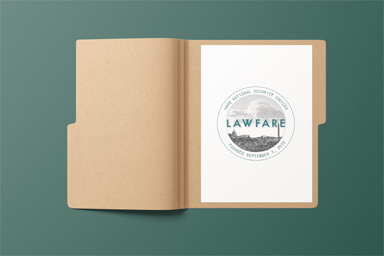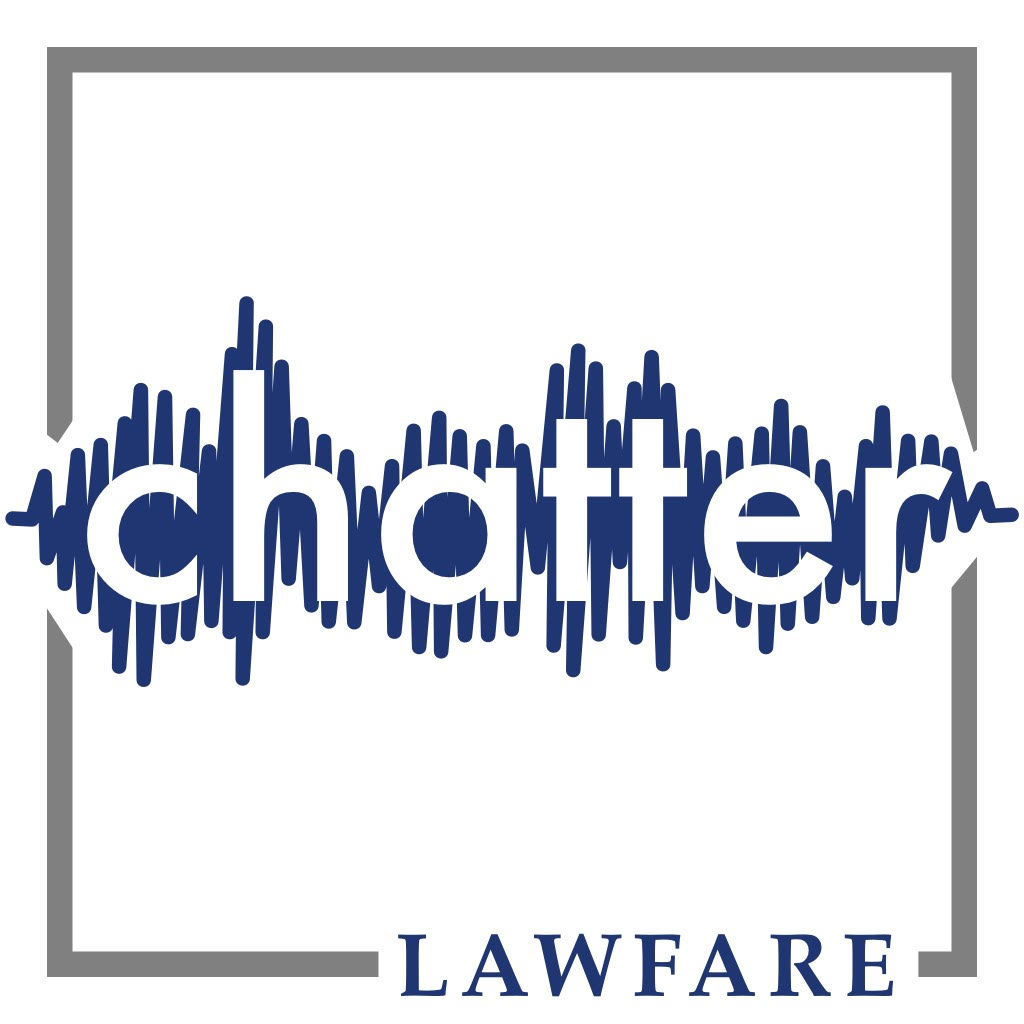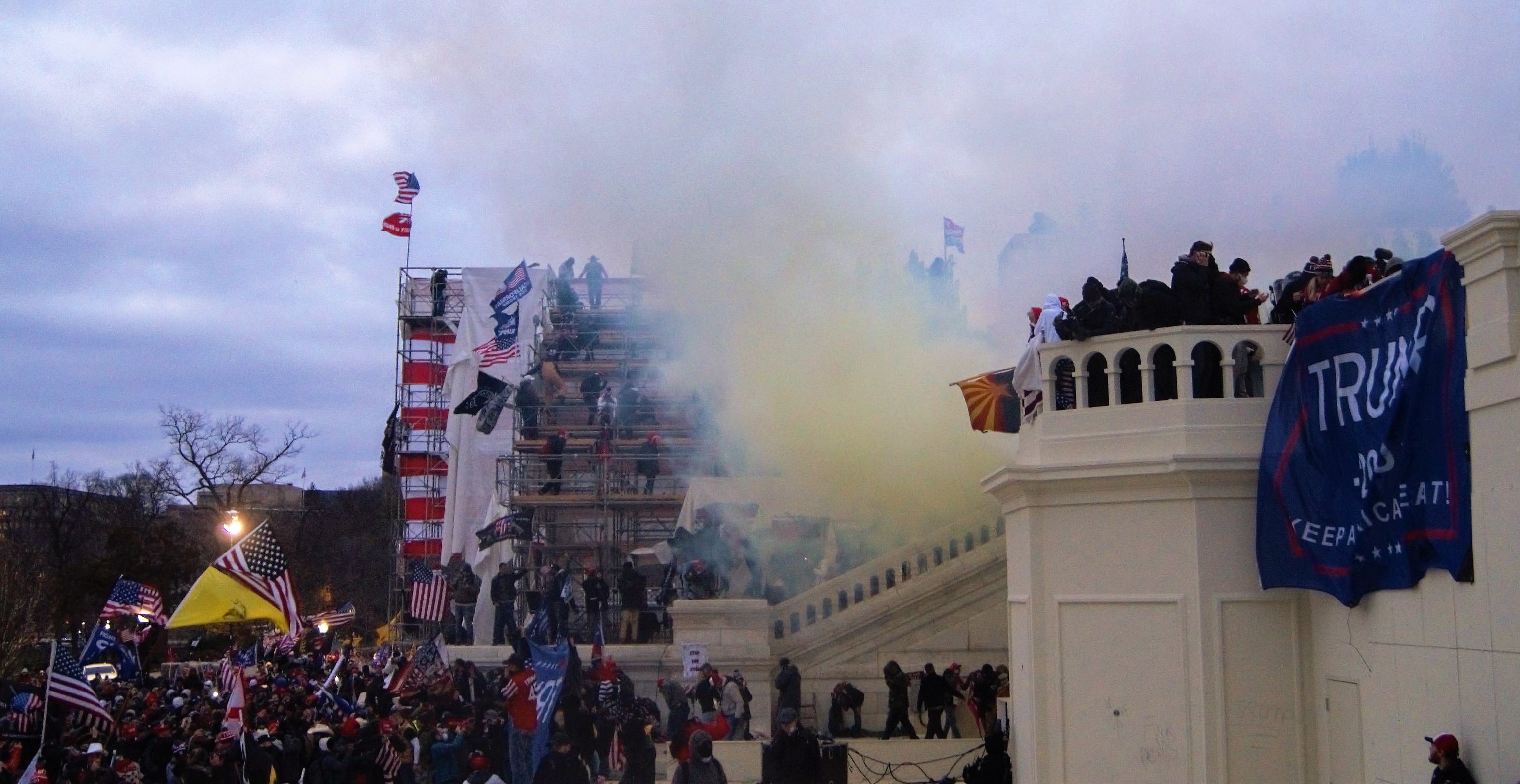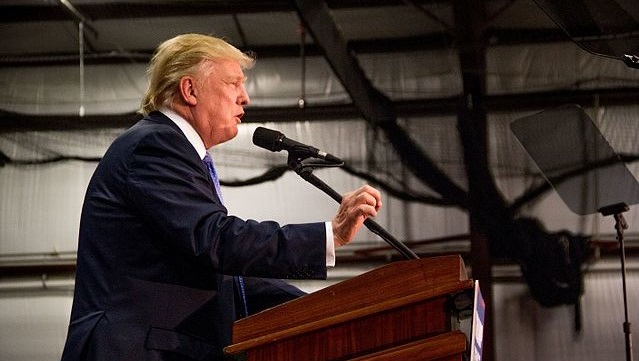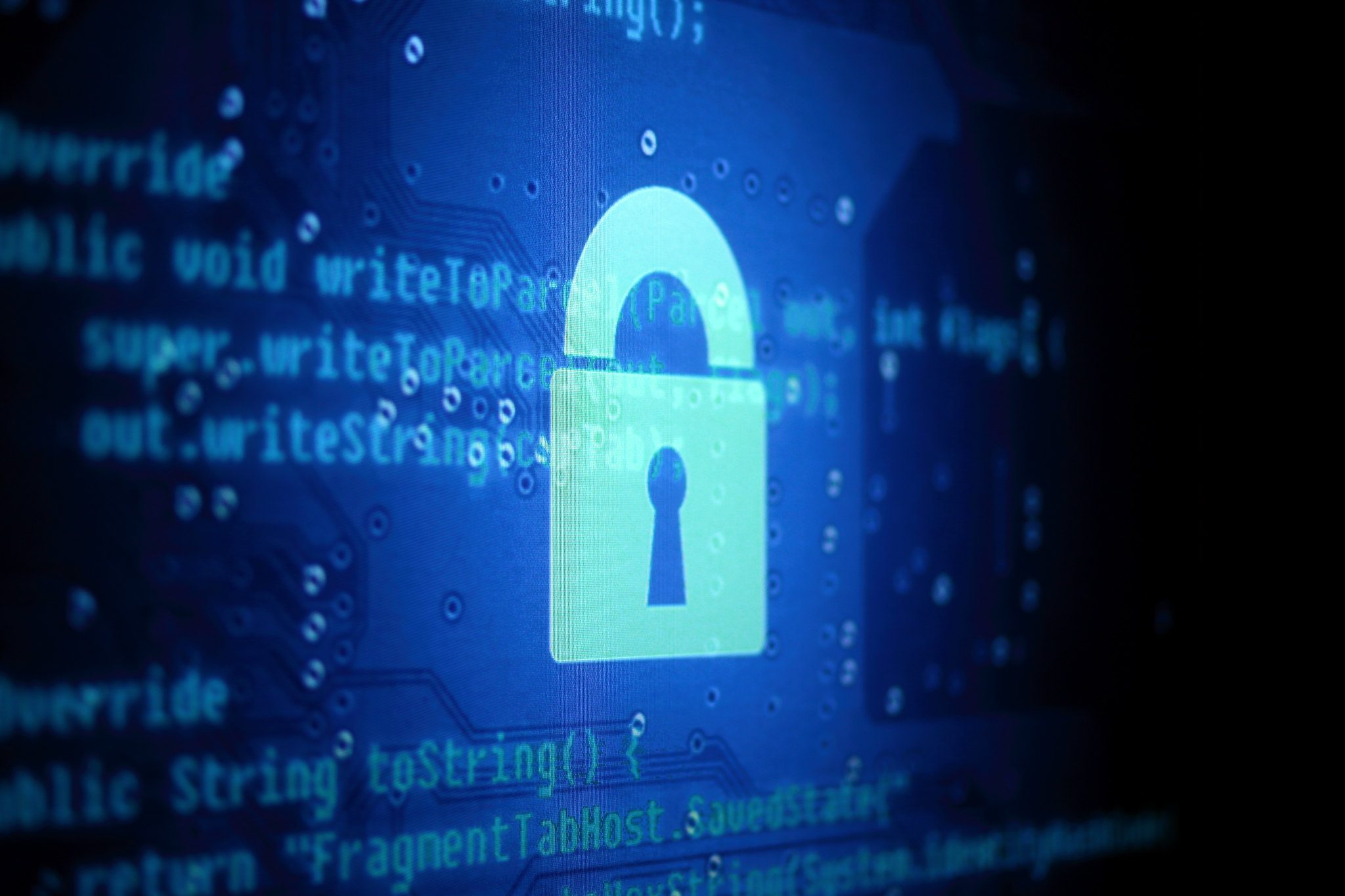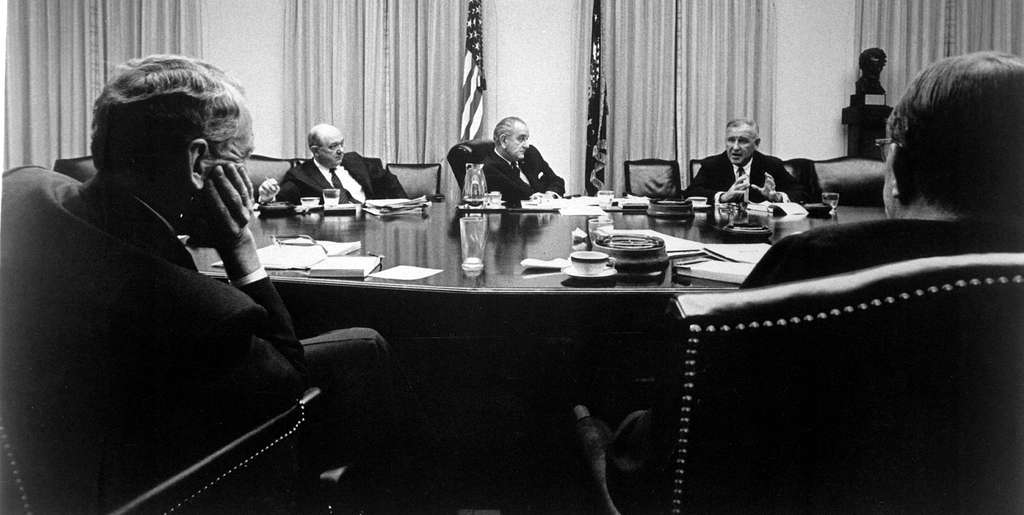-

Trump Files Reply Brief for Motion to Dismiss on Presidential Immunity
The reply brief attempts to further the case for extending immunity to criminal cases. -

The Lawfare Podcast: The U.S. Diplomatic Response in Gaza with Akbar Shahid Ahmed and Robbie Gramer
What has been the U.S. diplomatic response to the Israel-Gaza conflict so far? -

The Waltine Nauta Garcia Hearing That Was
A detailed summary of what happened at Nauta’s potential conflicts hearing on Oct. 20. -

Rational Security: The "Covered in Lyes" Edition
This week, Alan, Quinta, and Scott came together in the virtual studio to talk over the week’s big national security news. -

ChinaTalk: Can AI Be Governed?
-

The Persian-Russian Connection
Tehran’s ties to Russia are growing, making Iran a stronger force in the region and increasing the danger it poses to the United States and its allies -

Chatter: Lincoln, Leadership, and Difficult Conversations with Steve Inskeep
Steve Inskeep is the author of what is now a trilogy of books about political relationships in the United States during the 19th century. -

The Lawfare Podcast: Roger Parloff on a Potential Problem for the Justice Department’s Jan. 6 Prosecutions
What is the status of the Jan. 6 criminal prosecutions? -

Intentional Damage to Submarine Cable Systems by States
Two legal regimes—the law of the sea and the law on the use of force—can apply to damage caused by states to submarine cables during peacetime. -

ChinaTalk: PLA Purges + Taiwan War Risk
-

Government Wins Another Fragile Victory for Key Felony Charge in Jan. 6 Cases
Appeals judges’ acceptance of the government’s positions has been 100-percent correlated with the political party of the judge’s appointer. -

Lawfare Live: Trump's Trials and Tribulations, Oct. 26
Join the Lawfare team tomorrow for a discussion of the trials of Donald Trump. -

Lawfare No Bull: Former Trump Lawyer Jenna Ellis Pleads Guilty
-

Lawfare No Bull: Former Trump Lawyer Kenneth Chesebro Pleads Guilty
-

Privacy Law Needs Cost-Benefit Analysis
Privacy debates are often absolutist; smarter policy would force advocates and critics to confront the trade-offs. -

The Lawfare Podcast: Pleas Please Me, Jenna Ellis
What is the impact of the Fulton County plea deals? -

Transcript of Jenna Ellis's Plea Hearing in Georgia
Jenna Ellis is the fourth co-defendant to plead guilty in the Fulton County 2020 election subversion case. -

Trump Files Motion to Dismiss for ‘Selective and Vindictive Prosecution’
Trump claims that the indictment is vindictive and that prosecutors have “behaved in an…unconstitutionally selective fashion.” -

What Makes a State Rational?
A review of John Mearsheimer and Sebastian Rosato, “How States Think: The Rationality of Foreign Policy” (Yale University Press, 2023). -

Trump Files Motion to Dismiss Jan. 6 Case on Statutory Grounds
He argues that the government has failed to allege elements required under the charged statutes.
More Articles
-

Lawfare Daily: Trials of the Trump Administration, April 25
Listen to the April 25 livestream. -

On DOGE, Directives, and DOJ
A new court filing reveals the most compelling evidence yet that the government has been spinning a fiction about DOGE in federal court. -

The Week That Was
Your weekly summary of everything on the site.

